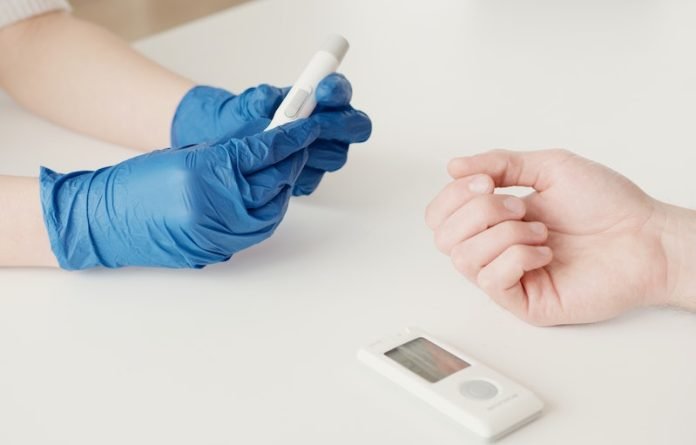
In a study from Michigan Medicine, scientists found several lipid biomarkers linked to the development of neuropathy in patients with type 2 diabetes.
Of the 37 million Americans with diabetes, up to 50% may end up with nerve damage, or diabetic neuropathy, which can be painful and disabling.
While some medications can reduce pain, scientists continue searching for factors that cause patients to develop diabetic neuropathy – to identify ways to reduce the risk of harmful symptoms.
In the study, researchers examined serum samples from nearly 70 members of the Gila River Indian community with type 2 diabetes who were tested for neuropathy 10 years later.
They analyzed 435 different species of lipids, which are organic compounds composed of fats and oils.
The team found that participants with high scores for diabetic neuropathy had changes in lipids reflecting impaired energy metabolism.
While there were differences between basic lipid profiles of participants with and without neuropathy, they found a pattern in blood lipid profiles 10 years prior to a person developing neuropathy that showed signaling dysfunction in a critical pathway called b-oxidation.
This pathway converts lipids into sources of nerve energy, and, when impaired, energy-starved nerves undergo damage, leading to neuropathy.
The findings support the concept that unsaturated healthy fats are a better source of energy for nerves than highly saturated fats.
The team strongly recommends a Mediterranean-type diet to maintain a healthy nervous system.
The team also advocates exercise, which increases the efficiency of the b-oxidation pathway.
If you care about diabetes, please read studies about warnings about promising diabetes drug metformin, and how bitter melon could benefit people with diabetes.
For more information about diabetes, please see recent studies about six vitamins that help stop complications in diabetes, and results showing how garlic could benefit people with diabetes.
The study was conducted by Eva L. Feldman et al and published in the Annals of Clinical and Translational Neurology.
Copyright © 2022 Knowridge Science Report. All rights reserved.



